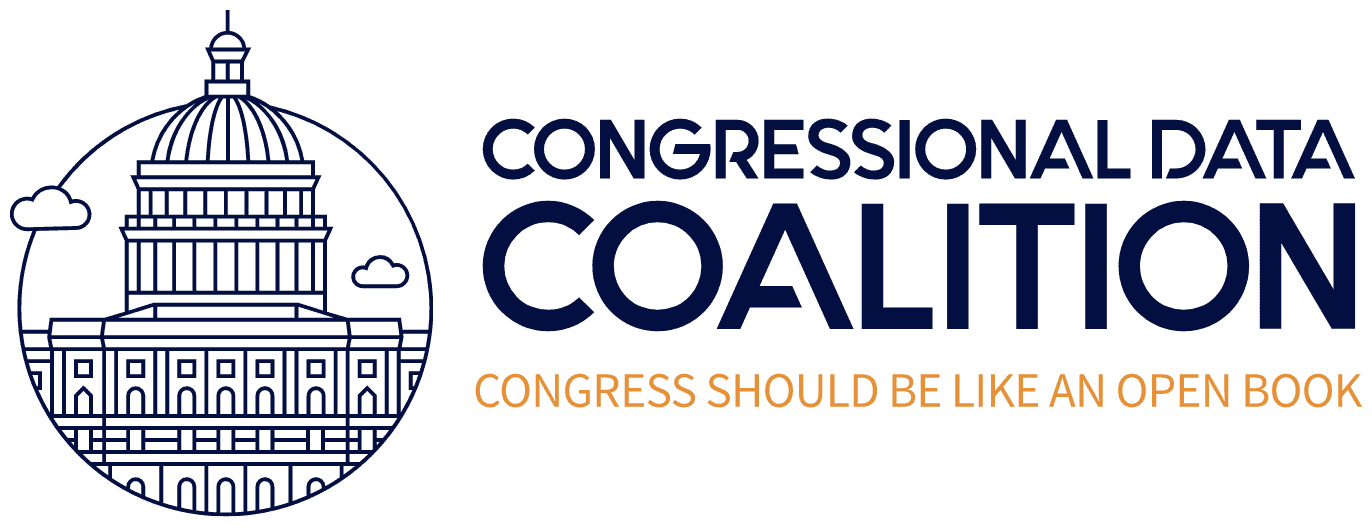(Cross-posted from DanielSchuman.com)
Here is a rundown of free digital tools any self-respecting congressional staffer, Member of Congress, journalist, or public advocate should consider using. All are free, run on information published by Congress or cobbled together from official sources, and most are built on open source code. (Many of the developers are members of the Congressional Data Coalition.)
Committee Meeting Calendar
While you could pay $1000 annually to subscribe to a daily calendar of committee hearings, GovTrack publishes an automatically-updated calendar that lists all hearings and meetings in the House in Senate at no cost to you. Alternatively, subscribe to GovTrack’s alerts, which tracks particular committees and bills.
Follow House Floor Action
The app Capitol Bells tells you whenever there is a House floor vote and provides essential context (such as what the vote is on). Used by more than half the Members of the House, it’s an essential tool to keep an eye on the floor.
Google Alerts for Government (but not Google)
The Sunlight Foundation’s alert tool Scout is the most powerful way to be alerted to government actions. It sends email alerts based on your keywords for federal and state legislation, federal regulations, floor speeches, GAO Reports, IG reports, and some federal court opinions. It’s like having a staff of well-payed research assistants constantly hitting refresh on dozens of congressional websites.
Collaboratively Write the Bill
Public input on legislation is often useful but only with the recent launch of Madison is there a free tool that allows broad public engagement while retaining control of the document. Built by the OpenGov Foundation, it is open source and used by Congress and the White House.
Read the Bill
While Congress’ redesign of its legislative information system has brought many needed improvements, it still lacks a lot of important contextual information. GovTrack has provided legislative information for a decade and should be your first stop. If you’re interested in the cost of legislation, Jim Harper’s WashingtonWatch is the place to go.
Read the Law
Until this past year, there was no single free online source for all bills signed into law. But now you can look up and read public laws to your heart’s content by going to Legislink. Of course, if you want to read the US Code, there’s the Office of Law Revision Counsel’s official website as well as the longstanding champion of public access to legal information, Cornell’s LII. (Cornell has a ton of other stuff, having been in the business of free online access to law since the early 90s, before everyone else).
Congressional Staff Directory
You might guess Congress publishes a staff directory with the names of staffers and their areas of responsibility, but only private sector sources are available. Fortunately, thanks to the hard work of the Sunlight Foundation, the website FindTheBest has a searchable directory of House and Senate staffers. It’s not perfect, but it’s pretty good (especially since it’s free). Sunlight has a downloadable version of the House information, too.
Inspector General Reports
Until very recently, it was impossible to find all the publicly available IG reports in one place. Thanks to the hard work of many volunteers, you can search IG reports from 65 offices at oversight.io.
Searchable Press Releases
Still a work in progress, Statementer pulls many congressional press releases into a central website searchable by the title of the release.
House Activities
While not third party apps, two congressional websites are worth their weight in gold. First, docs.house.gov the website docs.house.gov is a powerful source of information about House floor and committee activities. Second, the rules committee website in invaluable to see when a bill is ready to go to the floor (3 legislative days in advance), including any amendments that are offered.
A Few More Tricks
While these technically are not legislative-focused websites, they can be useful in monitoring/accessing information that is not user friendly.
- ChangeDetection will send you an alert for whenever a webpage has changed. Certain committees have such awful websites that the only way to know what’s new is to get an alert when the page itself changes.
- The Wayback Machine may be named after a cartoon time machine, but it allows you to see how websites appeared in the past. This is particularly helpful if a site has gone down or its content has changed.
- Congress has a bad habit of purging congressional websites. But the web harvest, hosted by the Center for Legislative Archives, allows you to see congressional websites going back to 2006.
Final Thoughts
These websites are pretty cool, but there should be more of them. Even with recent progress, Congress and its legislative support agencies need to publish more information and do so in more useful formats. Congress also should enact legislation like the Access to Congressionally Mandated Reports Act, which will make additional troves of information publicly available. There also has to be further developments in how Congress collaborates with the public, whether through hackathons or the use of open source technology, but that is a discussion for another time.
